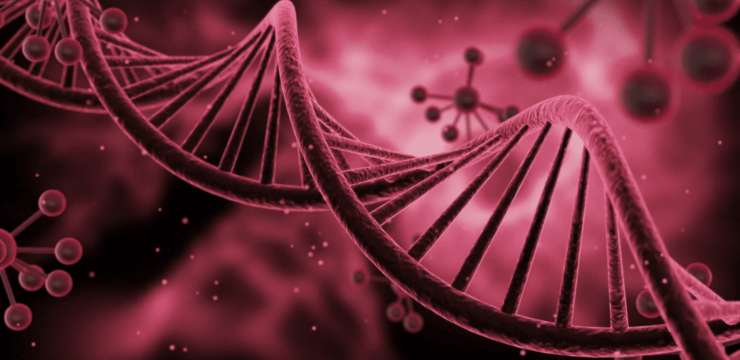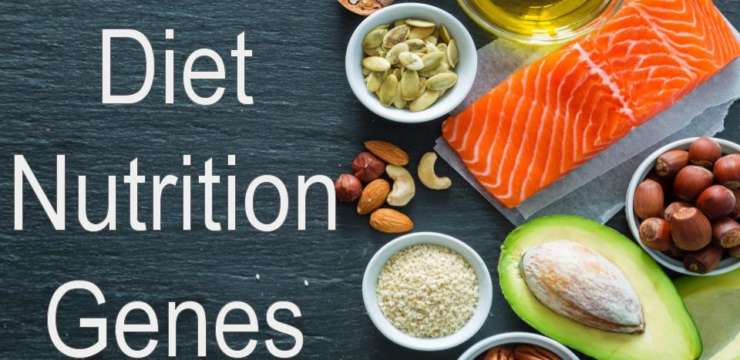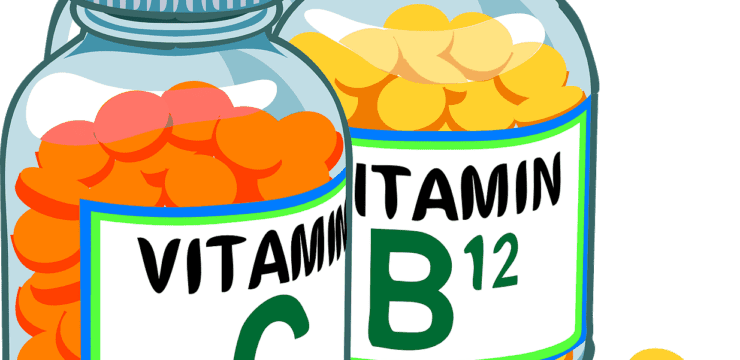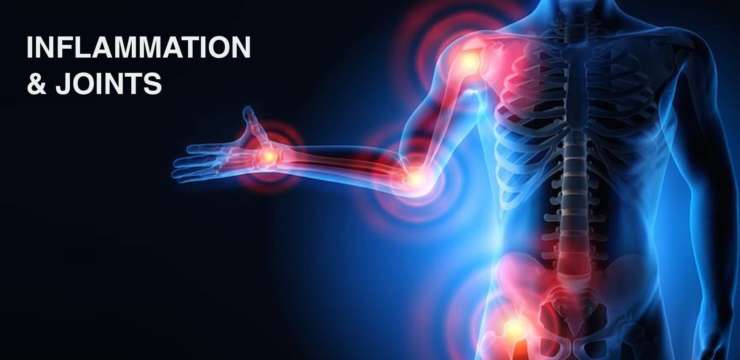In this episode (3 of 4) Dr. Alex Jimenez presents Evonne Britton, and unbelievable track star and olympic athlete who is going to talk to…

Agility & Speed Anti Aging Conditions Treated El Paso Chiropractic News Fitness Functional Medicine Functional Medicine Series Health Health Coach Health Coach Clinic Podcast Healthcare Providers Holistic Medicine Nutrition and Wellness Nutritional Genomics Power & Strength Remedies Spine Care Sports Injury Treatments Video Webinars Wellness
November 6, 2020
2669Views 0Reactions 0Comments
Agility & Speed Anti Aging Conditions Treated El Paso Chiropractic News Fitness Functional Medicine Functional Medicine Series Health Health Coach Health Coach Clinic Podcast Healthcare Providers Holistic Medicine Nutrition and Wellness Nutritional Genomics Power & Strength Remedies Spine Care Sports Injury Treatments Video Webinars Wellness
November 6, 2020
2669Views 0Reactions 0Comments
An Olympic Athlete’s Journey | El Paso, Tx (2021)
Agility & Speed Anti Aging Conditions Treated El Paso Chiropractic News Fitness Functional Medicine Functional Medicine Series Health Health Coach Health Coach Clinic Podcast Healthcare Providers Holistic Medicine Nutrition and Wellness Nutritional Genomics Power & Strength Remedies Spine Care Sports Injury Treatments Video Webinars Wellness
November 6, 2020
2669Views 0Reactions 0Comments
Agility & Speed Anti Aging Conditions Treated El Paso Chiropractic News Fitness Functional Medicine Functional Medicine Series Health Health Coach Health Coach Clinic Podcast Healthcare Providers Holistic Medicine Nutrition and Wellness Nutritional Genomics Power & Strength Remedies Spine Care Sports Injury Treatments Video Webinars Wellness
November 6, 2020
2669Views 0Reactions 0Comments
















